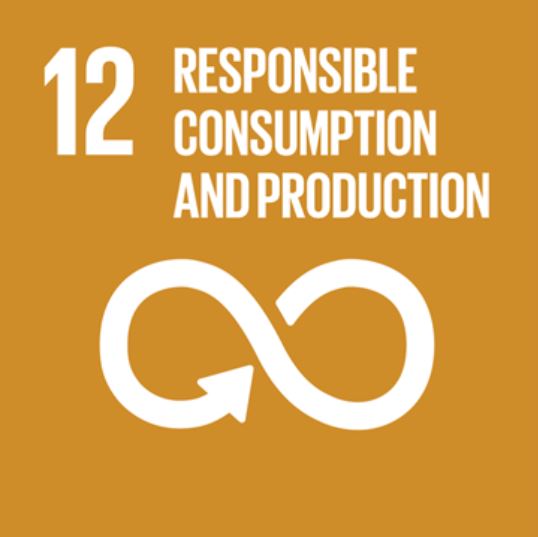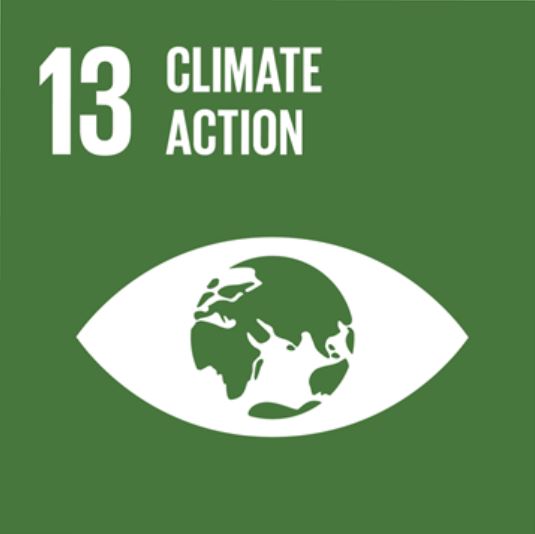Environmental responsibility
Proceeding from our stakeholder dialogues and the identification of our impact potential within the UN’s 2030 targets, Thule Group has identified eight UN SDGs that will create a structure for our long-term sustainability efforts.
Below we have described our four focus areas in the area of environmental responsibility.

Goal 6: Clean Water and Sanitation - targets 6.3 and 6.4
- We strive to continuously reduce water consumption at all of our facilities and, where possible, are replacing drinking water with rainwater to an ever-increasing extent.
- We use closed loop water systems in manufacturing in order to minimize the discharge of hazardous chemicals and substances.

Goal 7: Affordable and Clean Energy - targets 7.2 and 7.3
- Our target is for 100% of the electricity used at our plants to originate from renewable sources by no later than 2030.
- Our target is for more than 75% of all the energy used at our plants to originate from renewable sources by no later than 2025.
- Our target is for 100% of all the energy used at our plants to originate from renewable sources by no later than 2030.

Goal 12: Responsible Production and Consumption - targets 12.4, 12.5 and12.6
- We strive to reduce our waste and ensure increased recycling in our manufacturing processes.
- Our goal is to achieve a recycling rate of more than 98% and to ensure that zero (0) percent of waste goes to landfills by no later than 2030.
- We strive to continuously monitor and expand the list of materials and chemicals that may not be used in our products, to increase the use of recycled materials in our products, and to use more eco-friendly packaging.
- We strive to ensure accurate and comprehensive sustainability reporting, and that our sustainability efforts are integral to our day-to-day operations.

Goal 13: Climate Action - targets 13.1 and 13.2
- We strive to reduce our climate impact by reducing GHG emissions.
- Our goal is to reduce GHG emissions at our plants by 46% by no later than 2030 (compared with the base year of 2019), source 100% of purchased electricity from renewable sources by no later than 2030, and reduce GHG emissions related to purchased goods and logistics by 28% by no later than 2030 (compared with the base year of 2019).
- To ensure improved monitoring of greenhouse gas emissions throughout our value chain, we have set up new long-term climate targets in accordance with the Science Based Targets initiative (SBTi), a scientific method of ensuring that our targets are in line with the global Paris Agreement.


UN Global Compact
As a supporter of the UN's Global Compact, we commit to publishing our report on how we have contributed and how we progress to the development in relation to the Ten Principles.
You can find the latest updates onour section of the UN Global Compact website
